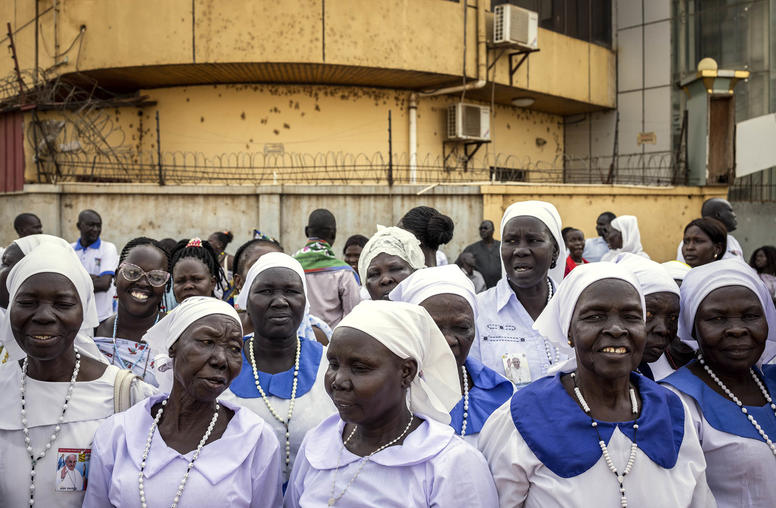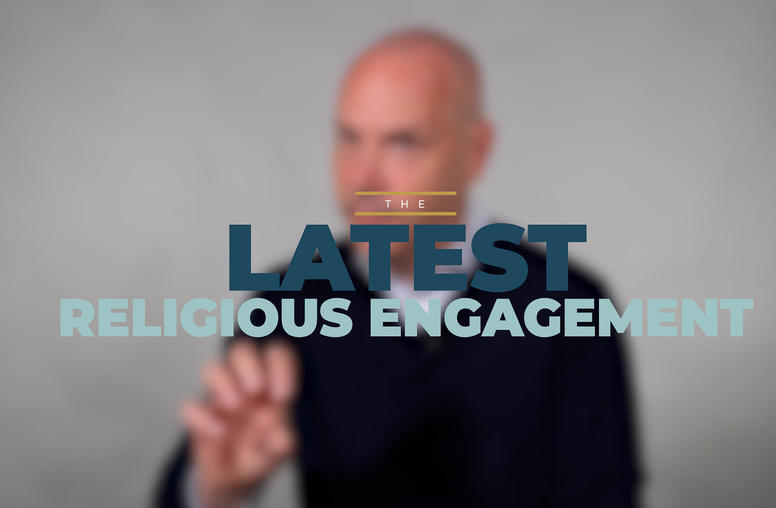Peter Mandaville, Ph.D.
Contact
Please submit all media inquiries to interviews@usip.org or call 202.429.3869.
For all other inquiries, please call 202.457.1700
Peter Mandaville is a senior advisor for USIP’s religion and inclusive societies team.
He brings 25 years of academic, think tank and government experience focusing on the intersection of religion, international affairs and the Muslim-majority world. At USIP, he leads an initiative focused on the security and peacebuilding implications of religion in the external relations of great powers — with a particular focus on the Western Balkans, Ukraine, China and India.
From 2011-2012, Mandaville was a member of the U.S. State Department’s policy planning staff, where he was involved in shaping the U.S. response to the Arab Spring. From 2015-2016, he served as a senior advisor in the Office of the Secretary of State, where he helped set up the new Office of Religion and Global Affairs. Previous affiliations have included the Center for Strategic and International Studies and the Pew Research Center.
Mandaville is the author of the books “Islam & Politics” and “Transnational Muslim Politics: Reimagining the Umma,” in addition to several co-edited books, numerous journal articles, book chapters, op-eds and commentary pieces in outlets such as Foreign Affairs, the International Herald Tribune, The Guardian, The Atlantic Online and Foreign Policy.
He has testified multiple times before Congress on topics such as political Islam, U.S. counterterrorism policy and human rights in the Middle East. His previous research has been supported by the John D. and Catherine T. MacArthur Foundation, the Carnegie Corporation of New York, the National Endowment for the Humanities, the Social Science Research Council, the British Council and the Henry Luce Foundation.
In addition to his role at USIP, Mandaville is also a professor of international affairs in the Schar School of Policy and Government and the director of the AbuSulayman Center for Global Islamic Studies, both at George Mason University. He is also a senior research fellow at Georgetown University’s Berkley Center for Religion, Peace and World Affairs.




